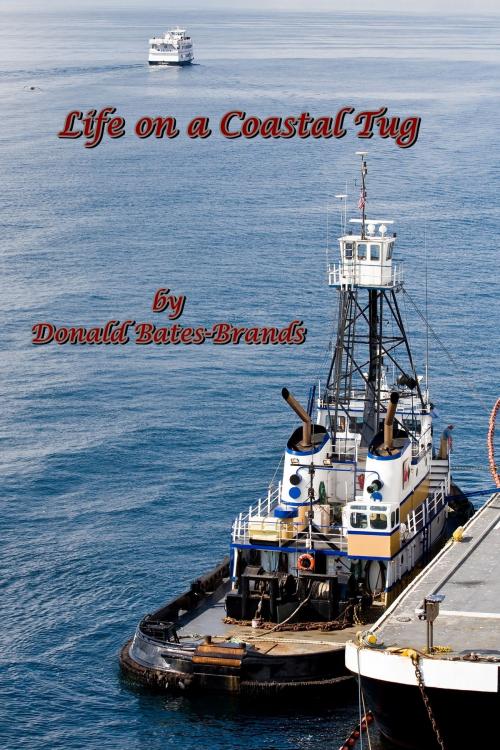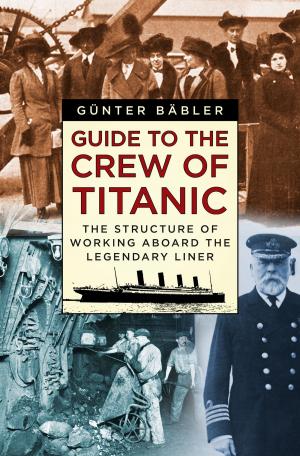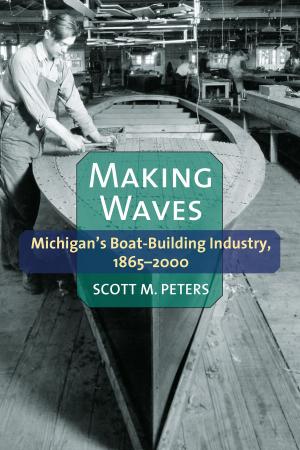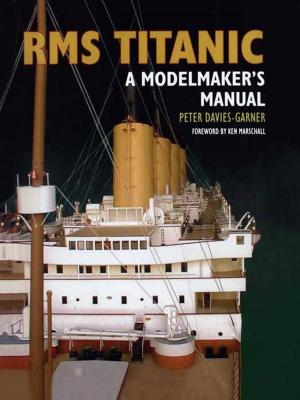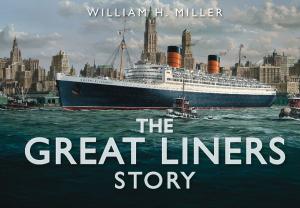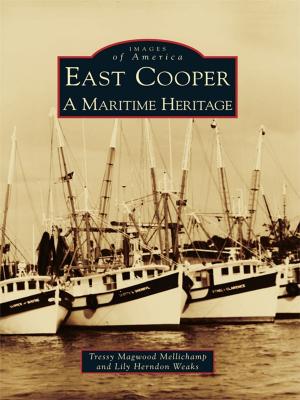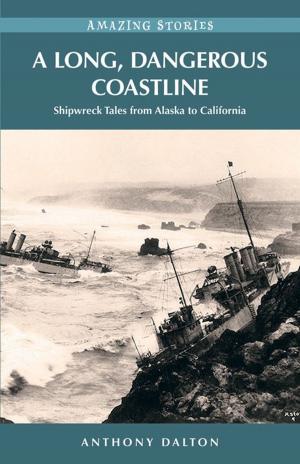| Author: | Donald Bates-Brands | ISBN: | 9781476193724 |
| Publisher: | Donald Bates-Brands | Publication: | July 28, 2012 |
| Imprint: | Smashwords Edition | Language: | English |
| Author: | Donald Bates-Brands |
| ISBN: | 9781476193724 |
| Publisher: | Donald Bates-Brands |
| Publication: | July 28, 2012 |
| Imprint: | Smashwords Edition |
| Language: | English |
It's amazing if you think about it; the ways people's lives cross and yet you know very little about them. Pleasure boaters will frequently see tugs and ships and you may even have to take action to avoid them, but in the end were they anything other than a moving blip on the seascape? I have worked on coastal tugs in the oil transportation business for over thirty years and I can tell you that it's not just a skill and a job, but an entire way of life, very different from life onshore. Of course we have a life on shore too, with our families, but since we spend half or more of our lives on the water, it amounts to having two entirely different lifestyles.
The tug becomes your home and the crew becomes your surrogate family. We get to know each other's hopes, dreams, problems and aspirations much as you would know your own brother or sister. A tug is a very self sufficient world as well. Most times any problems that come up have to be handled by your own crew with whatever is on hand. If you haven't planned well before a voyage there can be serious consequences during it. Try being in a storm offshore and then losing steering or propulsion. You could call for help (and may have to), but when will it arrive? You could ignore the problem, but that could involve sinking or loss of life. You just don't have an option; you have to deal with everything that comes up and do it yourself. A good tug boatman is a good jury rigger. Things come up that you don't have the tools or parts to fix it. Then you have to improvise. This can get very creative.
Crews are small. Usually around five people. This all results in a need to be able to rely on every member of the crew. There is very little racial prejudice on a tug. What you care about is whether the other guy can pull his weight. If he can't it will at best make a lot more work for everybody else. At worst, it could contribute to accidents and loss of life.
What follows is a hypothetical tour of duty. It is a compilation of very real events that have taken place on tugs I have worked on.
It's amazing if you think about it; the ways people's lives cross and yet you know very little about them. Pleasure boaters will frequently see tugs and ships and you may even have to take action to avoid them, but in the end were they anything other than a moving blip on the seascape? I have worked on coastal tugs in the oil transportation business for over thirty years and I can tell you that it's not just a skill and a job, but an entire way of life, very different from life onshore. Of course we have a life on shore too, with our families, but since we spend half or more of our lives on the water, it amounts to having two entirely different lifestyles.
The tug becomes your home and the crew becomes your surrogate family. We get to know each other's hopes, dreams, problems and aspirations much as you would know your own brother or sister. A tug is a very self sufficient world as well. Most times any problems that come up have to be handled by your own crew with whatever is on hand. If you haven't planned well before a voyage there can be serious consequences during it. Try being in a storm offshore and then losing steering or propulsion. You could call for help (and may have to), but when will it arrive? You could ignore the problem, but that could involve sinking or loss of life. You just don't have an option; you have to deal with everything that comes up and do it yourself. A good tug boatman is a good jury rigger. Things come up that you don't have the tools or parts to fix it. Then you have to improvise. This can get very creative.
Crews are small. Usually around five people. This all results in a need to be able to rely on every member of the crew. There is very little racial prejudice on a tug. What you care about is whether the other guy can pull his weight. If he can't it will at best make a lot more work for everybody else. At worst, it could contribute to accidents and loss of life.
What follows is a hypothetical tour of duty. It is a compilation of very real events that have taken place on tugs I have worked on.
